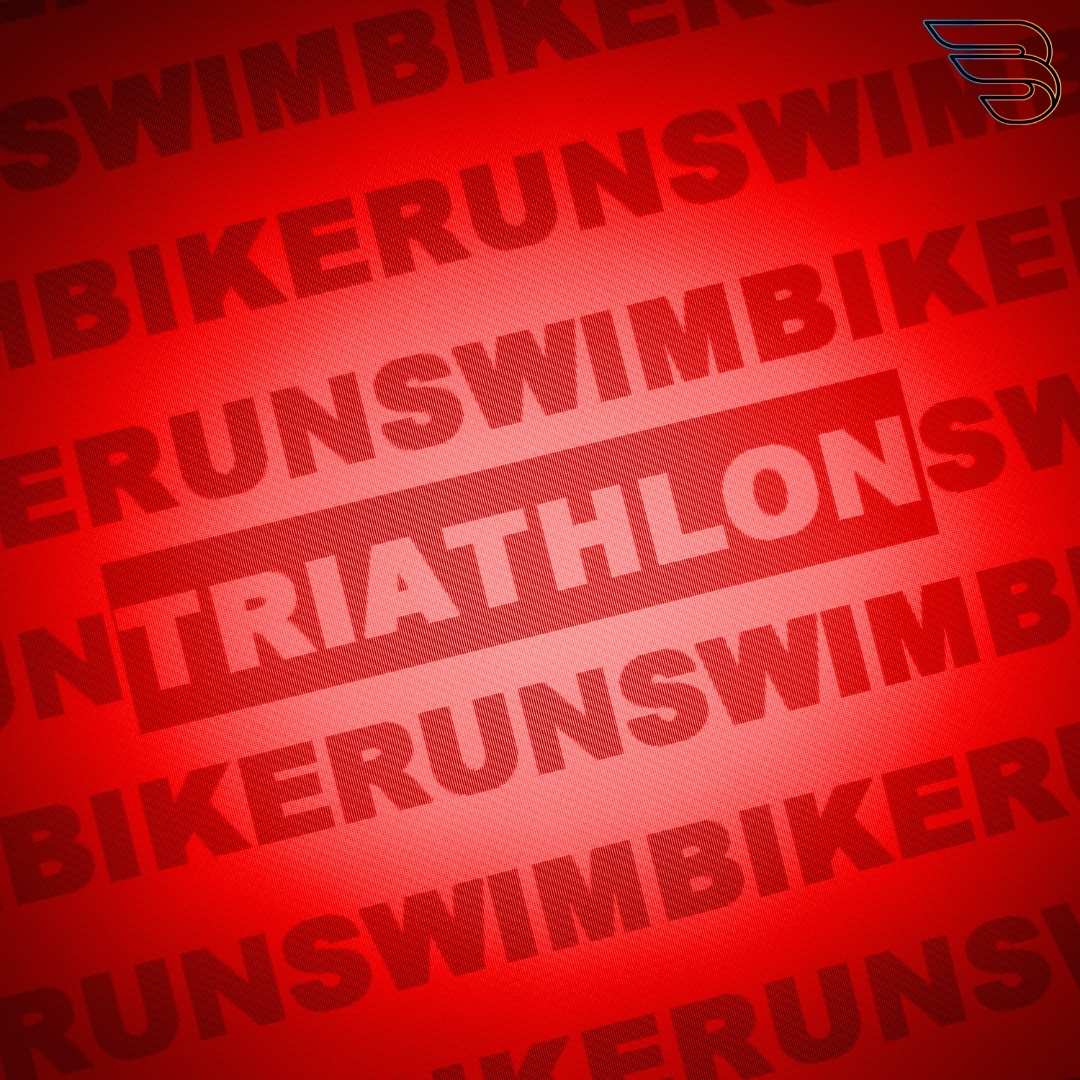Quick tips for first time Triathletes ![]()
If you are reading this article, it means you have made the decision to enter the challenging sport of Triathlon and call yourself a triathlete. Take the next step and go through these pointers to help your transition into the sport and make your journey a comfortable one.
1. Select the right race for you:
All the triathlons are not created equal. There are three main types of triathlon based on distance namely - Sprint, Olympic, and Ironman.
- A sprint triathlon is comprised of a 750-meter Swim, 20 km bike and 5 km run
- An Olympic triathlon is 1.5 km swim, 40 Km bike and 10 km run
- Ironman 3.8 Km swim, 180.2 km bike and a 42.2 Km run
To begin with, it is advisable to choose the shorter race which will give you a good challenge and allow you to practice all the elements of a triathlon.
2. Triathlon Suit:
A lot of gear is involved in triathlon. Bike, helmet, running shoes, etc. The list can go on, but the most basic need for the triathlon is your tri suit. A triathlon suit is crucial as you need to perform all the three disciplines - swimming, cycling and running in a single garment. The bike and run portions of the race produce lot of heat. Even if the price tag seems ridiculous; choose a fabric that is breathable and wicks away from your skin.
3. Keep your Training simple:
Beginner triathletes sometimes try to adopt the training techniques of the experienced triathletes. This is a wrong approach. Too many changes, too abruptly, in your training will frustrate you. So, keep your training easy and simple to find what works for you and then stick with it.
4. No training plan is complete without a good recovery:
Take a rest day every week and make it as essential to your workout. You should push your limits, but don’t spoil your body, brain, or health. Mental recovery is very important. Just like your body, your brain needs recovery. It gives you more willpower and mental focus in the rest of the week. Relieve yourself from the stress of training. Sleep is very important so pamper yourself with sleep. Give your legs some time to rest and recover.
5. Do not Ignore your weakness:
Always work on your weak discipline. By working on your weakness, you will make yourself into a multi-dimensional athlete. Once you are aware of your weakness you should improve on that. It is always smart to train with athletes who are faster and more technical than you to help push you on.
6. Practice Technique:
Practice two of the disciplines back to back, just like you will do them in the race. It will increase your stamina and your body will get used to it. Try focusing in on specific movements during training to help achieve the muscle memory.
7. Ride Comfortably:
Get comfortable on your bike. Choose your saddle wisely and opt for the one that fits your sit-bones and allows for adjustability. Avoid saddles that hurt in aero position and make sure you know the difference between getting a burn in your work out and seat pain.

8. Carry a Puncture repair kit:
During your cycling discipline a flat tire can occur at any time. So, it’s always good to carry a few basic puncture repairing tools in a pouch underneath your saddle. And off course, you should know how to change a flat tire.
9. Eat Normally:
Health is wealth. Don't move to new dietary regimes the week of the race. Just stick with the current eating habits you have. On the race day, in the morning meal, eat the same food your body is used to eating and eat at least 2 hours before the race so the food can be digested.
10. Keep yourself Hydrated:
Becoming dehydrated is a nightmare and could leave you short of your goal of finishing or from achieving your PR. You should be drinking plenty of liquids before your event and during. Make sure and understand where the aid stations are in your event and take advantage of them.

Bonus Tip-Avoid Violations:
Rules are essential for maintaining a quality level of competition for participants. Find out all the rules you need to know in triathlon to avoid any kind of Violations.

